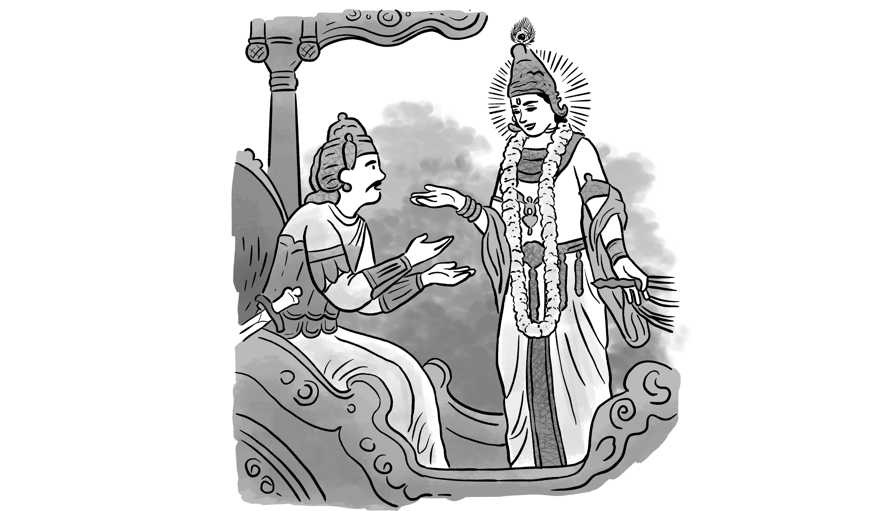

Mateen is the Scrum Master for a project with sprint duration of three weeks. The current sprint had completed two weeks and seemed to be going well. Mateen felt he could take a week off for some rest and relaxation before the next sprint which promised to be much more challenging than the current one. When Mateen returned after a week (end of the current sprint), he found that while the sprint had achieved sprint goals, the team members really had not done a good job of a sprint retrospective as they felt everything had gone well. Mateen also found that, in his absence, the team had skipped some Daily Stand-ups. Mateen was concerned that the team was not following Scrum in spirit. As the coach for the project, what is your advice to Mateen?
Suggested Solution:
Solution Outline:
Symptoms:
– Mateen, the Scrum Master is feeling bad because during his short absence, he had expected the team to be self-organising. But, in his absence, the team was not able to sustain even the Scrum ceremonies by themselves. Some Daily Standup’s were missed and the retrospective seemed to be very superficial.
– The team seems to be taking the stance that since they achieved the end result – i.e., achieving the sprint goals successfully – it does not matter if they had skipped a few Daily Standup’s. Along similar lines, the team also felt that since everything had gone well in the sprint, there was nothing much to improve and act upon.
Causes:
– It appears that the team has not internalised the intent behind the Scrum ceremonies. For example, the Daily Standup is a required ceremony to set up a daily planning cadence and it needs to be only 15 minutes. The daily cadence of feedback and planning is essential to achieve agility. Likewise, retrospectives are not just about addressing problems encountered in the sprint. It is about kaizen and continuous improvement. In this case, the team could have investigated the reasons as to why the sprint was so successful and looked for take-away’s to replicate that success for future
– Another cause is also a bit of misjudgement by the Scrum Master (Mateen) of the team’s current maturity level and the ability to self-organise
Recommended actions:
– Mateen needs to have a session with the team and understand their point of view. For example, Daily Stand-up’s may not have happened on certain days due to extraneous reasons
– Second, Mateen needs to provide a refresher to the team on the underlying principles of Agile to understand why they do what they do
– Third, Mateen should also enable the team to see for themselves (using a self-assessment instrument) where they are now in terms of self-organising and where they want to be. He can then work with the team and guide them in their progression. The Shu Ha Ri model of stages in learning can be used for guidance
– Fourth, Mateen can conduct a reinforcement session for the team on how to do effective retrospectives driven by continuous improvement
– Lastly, Mateen needs to develop someone in the team to stand in for him when he goes on vacation next time
Agile adoption in spirit by the team is a key goal for the Scrum Master to enable and facilitate.




